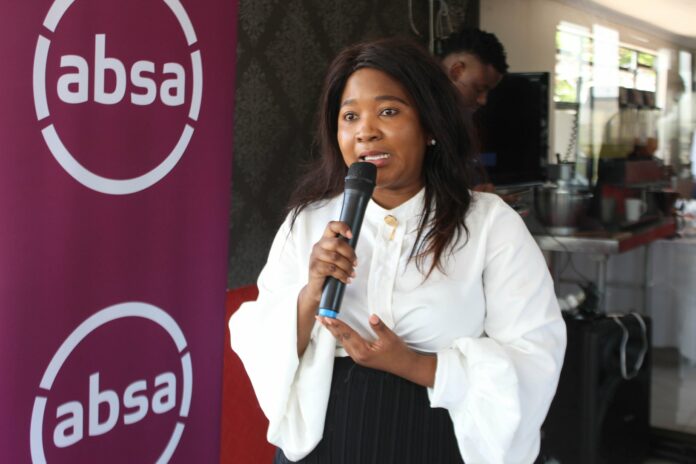There are no limits to business ventures one can embark on, and everyone involved can make a profit as her mantra, multi-businesswoman Bathabile Moreki told Sunday World.
But her journey to success has had various twists and turns.
She recalls with joy that when her mentorship programme slowed down during the pandemic year in 2020, she started selling eucalyptus oil as an alternative, which was believed to help reduce the risks of Covid-19.
She says starting with a capital outlay of R100, in six months, to her surprise, “I was able to make a turnover of R1.3-million during the first six months of the pandemic”.
Asked how possible this was, Moreki says the demand for the products gave growth to her business.
This she attributes to the fact that during Covid-19 years, the demand for a cure was heightened.
In addition, she says success to hit a R1.3-million mark was also because she bought in bulk and got her clients to resell the products across the country, making the oil widely available.
But she wanted to expand and look at other possibilities to grow her business empire, and she got interest in learning how franchise business works.
As a former government employee working in the office of Lulama Xingwana, then minister of women and children, Moreki had heard being discussed in government circles that government funding is a possibility.
She spared no time to acquire funding. And in no time she acquired it.
Before long, thanks to the funding, she had acquired a franchise to operate Debonairs, Steers and Fishaways at several malls.
For her, the sky was the limit.
She would later establish what she describes as township economic transformation in franchise economy to spread a word about the value of franchising, and that even a village girl like her can succeed when she puts her mind to it.
Going down memory lane, Moreki recalls that her grandparents used to send her to sell snacks at school. The stock, she remembers, would be sold out.
At the time, she did not think she had a passion for business, and only considered the errands “as merely fulfilling a task asked of her by her grandparents”.
Yet that exercise prepared her for future success.
Moreki comes from Qwaqwa in Free State and says it never occurred to her that someone from a rural the backdrop can become a successful businessperson.
Accordingly, she brushed aside the idea of ever becoming a business owner, but would rather focus more on her studies.
She remembers that she started reselling Avon beauty products at Technikon Witwatersrand, now the University of Johannesburg.
“It wasn’t until I started my career that I realised I wanted to be a businesswoman. It all clicked that I was free and happy when I was selling things than when I am in office working all day.
“This was a turning point, when I started thinking of selling products to make a living and thinking of myself as a businesswoman,” says Moreki.
As her business interest expanded, she realised she can start a perfume business called The Perfume Company, and later a gin brand named The Gin Company.
She is yet to launch a vodka brand.
“I think my businesses are successful because I depend on the “you cannot build a self-employment empire”, which I always preach at my mentorship classes.
“You can always get people to resell, you are franchising your own products. This way, you win and so does everyone.”
Follow @SundayWorldZA on Twitter and @sundayworldza on Instagram, or like our Facebook Page, Sunday World, by clicking here for the latest breaking news in South Africa. To Subscribe to Sunday World, click here.




